A U.S. Border Patrol agent shot and wounded a man and a woman in a vehicle on Thursday afternoon in Portland, Oregon, after the driver allegedly tried to run over agents, a senior federal official said.
The shooting occurred a day after a U.S….
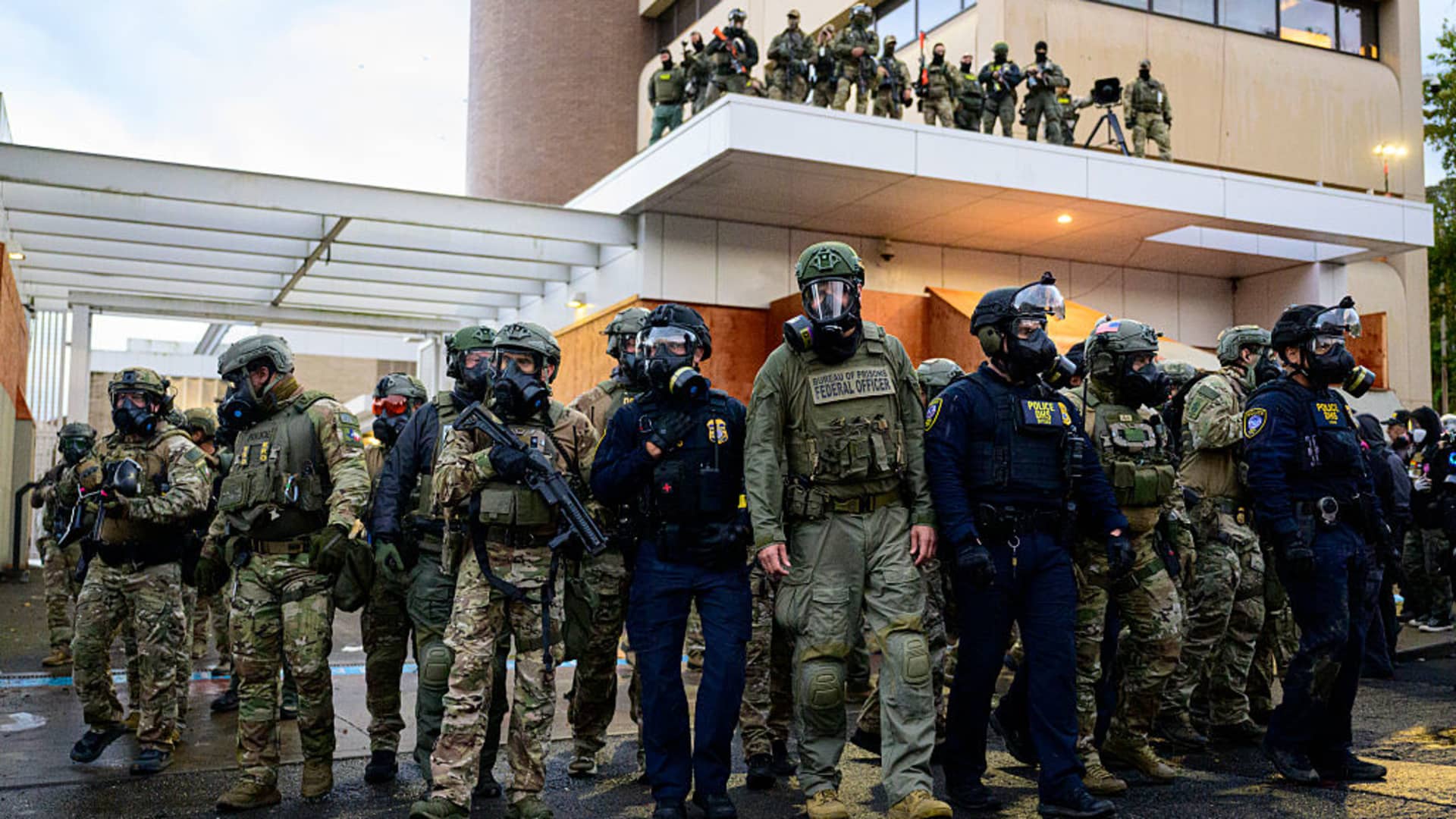
A U.S. Border Patrol agent shot and wounded a man and a woman in a vehicle on Thursday afternoon in Portland, Oregon, after the driver allegedly tried to run over agents, a senior federal official said.
The shooting occurred a day after a U.S….
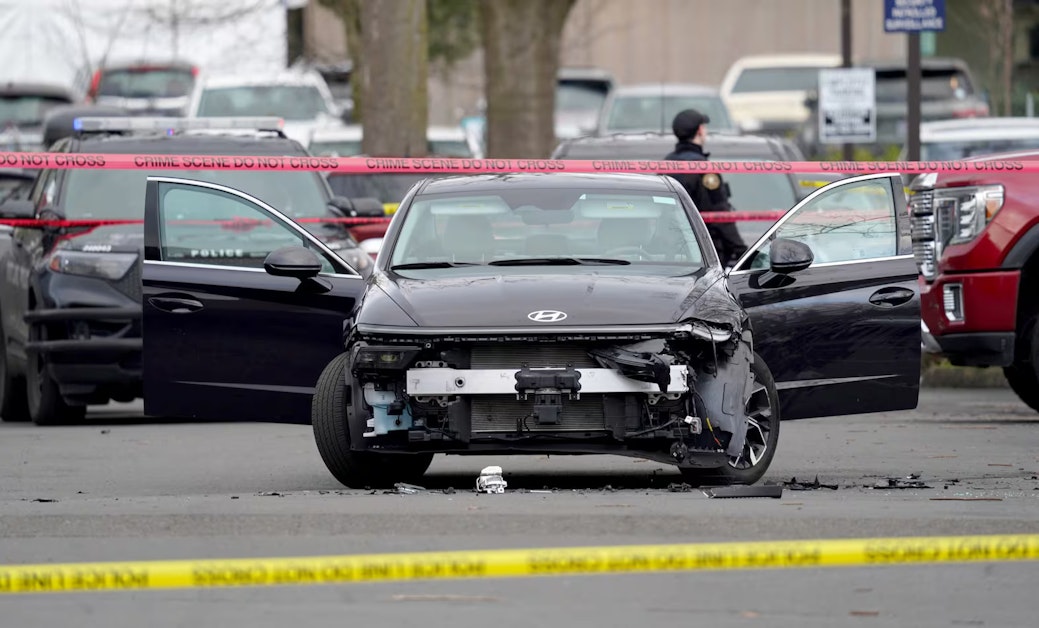
Update, 7:20 am. on Friday, 1/9/26: The U.S. Department of Homeland Security has identified the people shot in Portland yesterday as Luis David Nico Moncada and Yorlenys Betzabeth Zambrano-Contreras, both from Venezuela. DHS…

An original still image from an eyewitness video shows the masked ICE agent who shot Renee Nicole Good (Left). Users on…

Gaza’s civil defence agency said Israeli attacks in the Palestinian territory on Thursday killed at least 13 people, including five children, despite a ceasefire that has largely halted the fighting.
Four people including three children were…
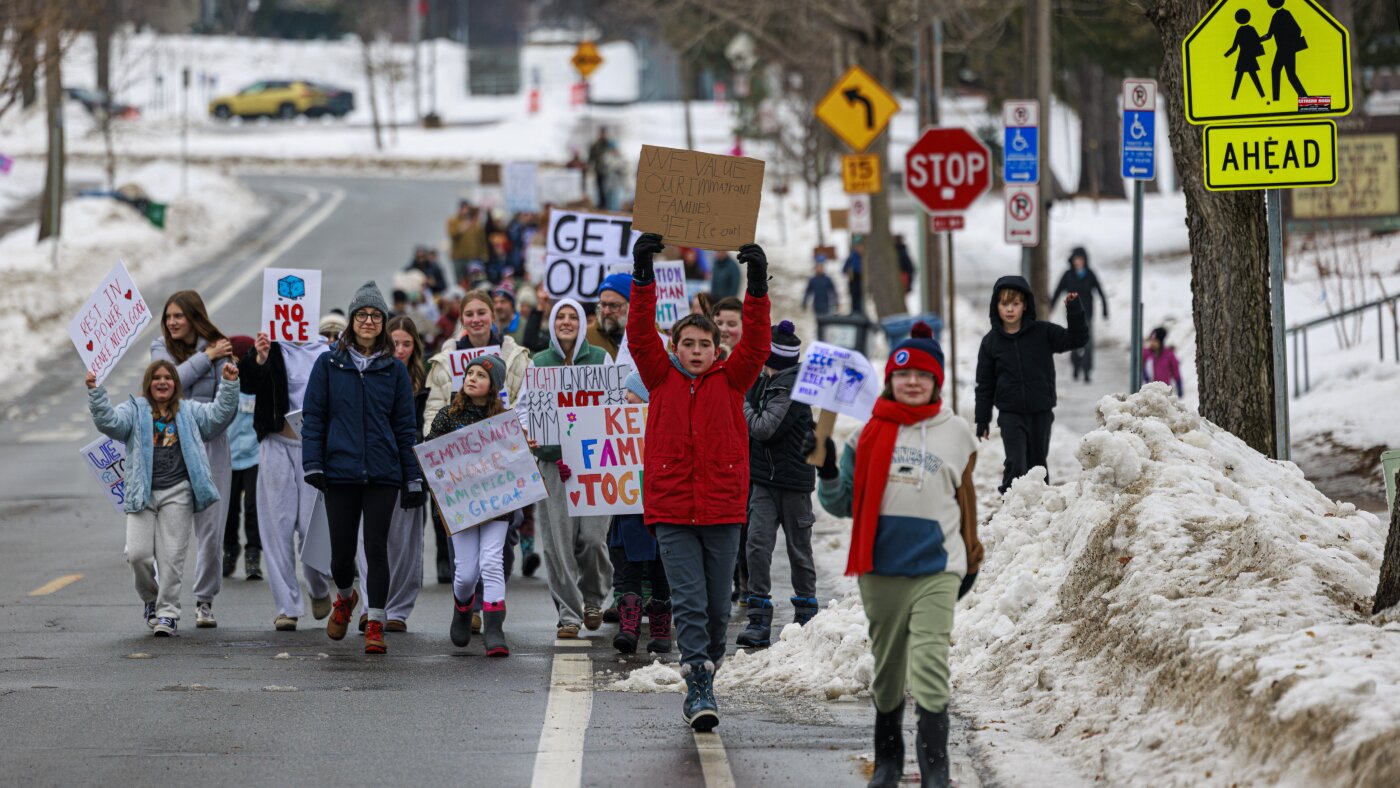
Young students march near Kenny Community School in Minneapolis, on Thursday, Jan. 8, 2026, a day after an ICE agent shot…

Protests continue in Minneapolis over the death of a woman shot by an ICE agent. The head of Minnesota’s investigative agency says federal officials have blocked it from conducting an investigation.
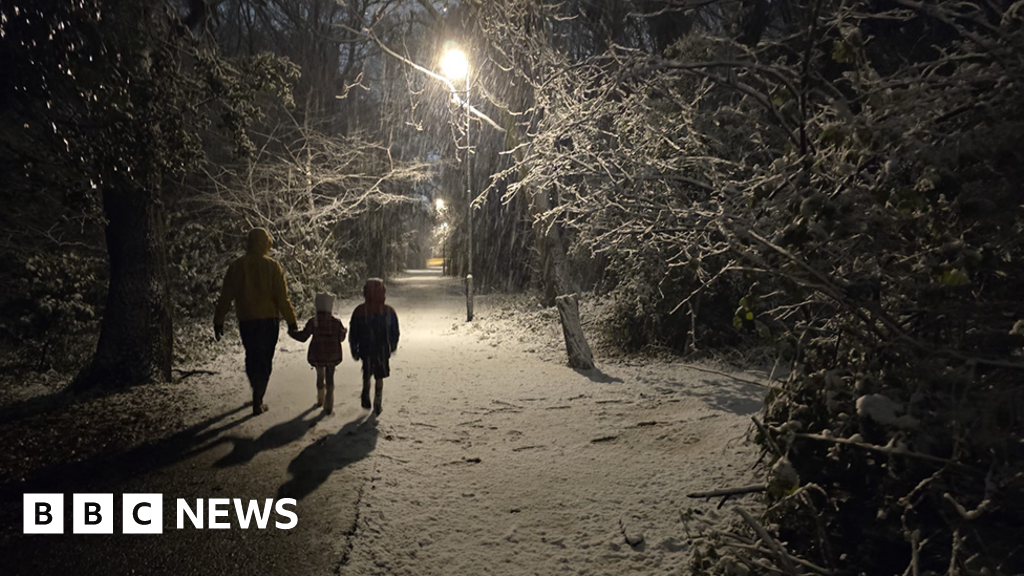
Shannen Headley,West Midlandsand
Dan Sambell,in Rugby
 Rachel de Kam
Rachel de KamCommuters across Coventry and Warwickshire have been warned to check journeys before travelling as Storm Goretti brought heavy snow…
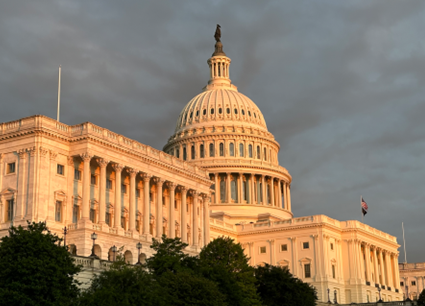
Washington, D.C. – The Friends Committee on National Legislation applauds today’s vote in the Senate to advance a bipartisan war powers resolution, S.J.Res.98, to direct the removal of U.S. troops from hostilities in or against Venezuela.
This…
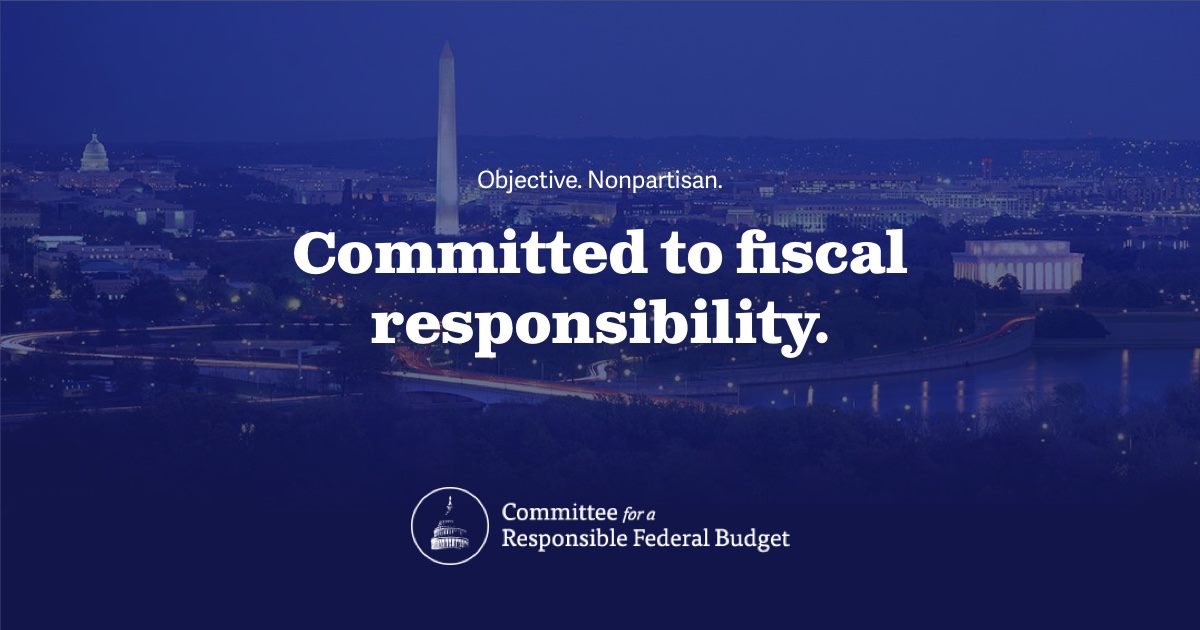
Bipartisan Fiscal Forum (BFF) co-chairs Representatives Bill Huizenga (R-MI) and Scott Peters (D-CA), along with BFF Members, Representatives Lloyd Smucker (R-PA) and Mike Quigley (D-IL), introduced a resolution in the House yesterday calling on…
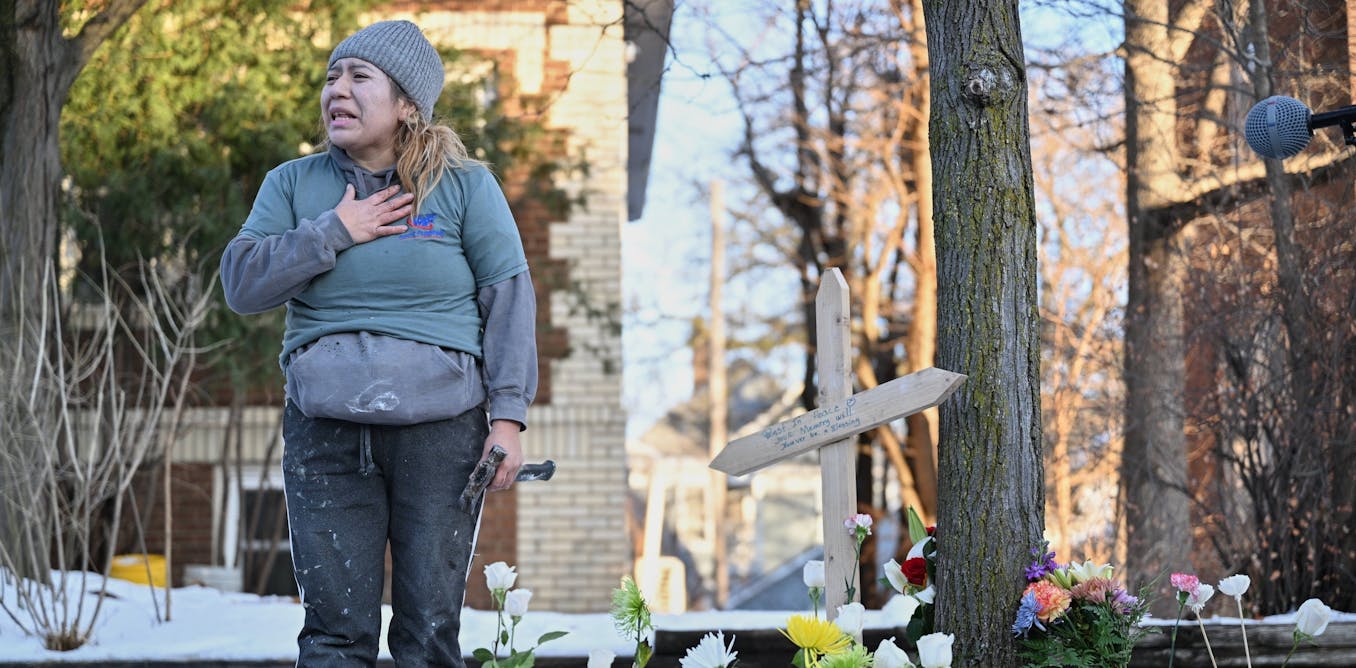
Minneapolis is once again the focus of debates about violence involving law enforcement after an Immigration and Customs Enforcement officer shot and killed Renee Nicole Good, a 37-year-old mother, in her car.
The incident quickly prompted…